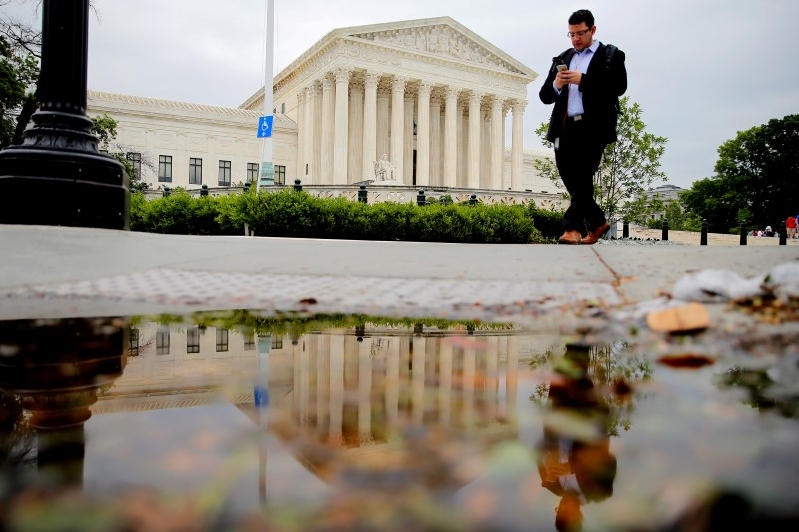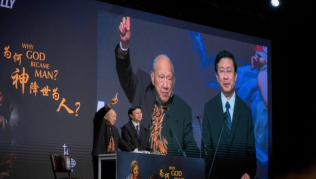
A divided U.S. Supreme Court on Tuesday turned away an appeal by a family-owned pharmacy that cited Christian beliefs in objecting to providing emergency contraceptives to women under a Washington state rule, prompting a searing dissent by conservative Justice Samuel Alito.
The justices left in place a July 2015 ruling by the San Francisco-based 9th U.S. Circuit Court of Appeals that upheld a state regulation that requires pharmacies to deliver all prescribed drugs, including contraceptives, in a timely manner.
Three conservatives among the eight justices argued that the court should have agreed to hear the appeal by the Stormans family, which owns Ralph's Thriftway grocery story and pharmacy in Olympia.
Alito, joined by Chief Justice John Roberts and Justice Clarence Thomas, said the court's decision not to hear it is "an ominous sign" for the future of religious liberty claims.
"If this is a sign of how religious liberty claims will be treated in the years ahead, those who value religious freedom have cause for great concern," Alito added.
The court may be less likely to rule in favor of people making such claims following February's death of conservative Justice Antonin Scalia, especially if he is replaced by a liberal appointee.
The American Civil Liberties Union praised the court's action.
"When a woman walks into a pharmacy, she should not fear being turned away because of the religious beliefs of the owner or the person behind the counter," said Louise Melling, the group's deputy legal director.
Evolving American social attitudes and changes in the law relating to issues such as gay marriage and birth control coverage in health insurance have spurred numerous court challenges by individuals, businesses and nonprofit employers who say their religious liberty has been violated. The U.S. Constitution's First Amendment protects freedom of religion.
Washington state permits a religiously objecting individual pharmacist to deny medicine, as long as another pharmacist working at the location provides timely delivery. The rules require a pharmacy to deliver all medicine, even if the owner objects.
The Supreme Court in 2014 allowed certain businesses to object on religious grounds to the Obamacare law's requirement that companies provide employees with insurance that pays for women's contraceptives. The court in May sent a similar dispute brought by nonprofit Christianemployers back to lower courts without resolving the main legal issue.
The Stormans family is made up of devout Christians who associate "morning after" emergency contraceptives with abortion. Two individual pharmacists who worked elsewhere also joined the lawsuit.
"The dilemma this creates for the Stormans family and others like them is plain: Violate your sincerely held religious beliefs or get out of the pharmacy business," Alito said.
Thirty-eight state and national pharmacy associations had urged the court to take up the case, saying pharmacies generally get to choose what products they stock.
Alito said there is evidence the state's regulation was adopted because of "hostility to pharmacists whose religious beliefs regarding abortion and contraception are out of step with prevailing opinion in the state" and designed "to stamp out religious objectors."
The appeals court said the rules rationally further the state's interest in patient safety. Speed is particularly important considering the time-sensitive nature of emergency contraception, that court said.
"Americans should be free to peacefully live and work consistent with their faith without fear of unjust punishment, and no one should be forced to participate in the taking of human life," said Kristen Waggoner, a lawyer with the Alliance Defending Freedom, the conservative Christianlegal group representing the Stormans.







